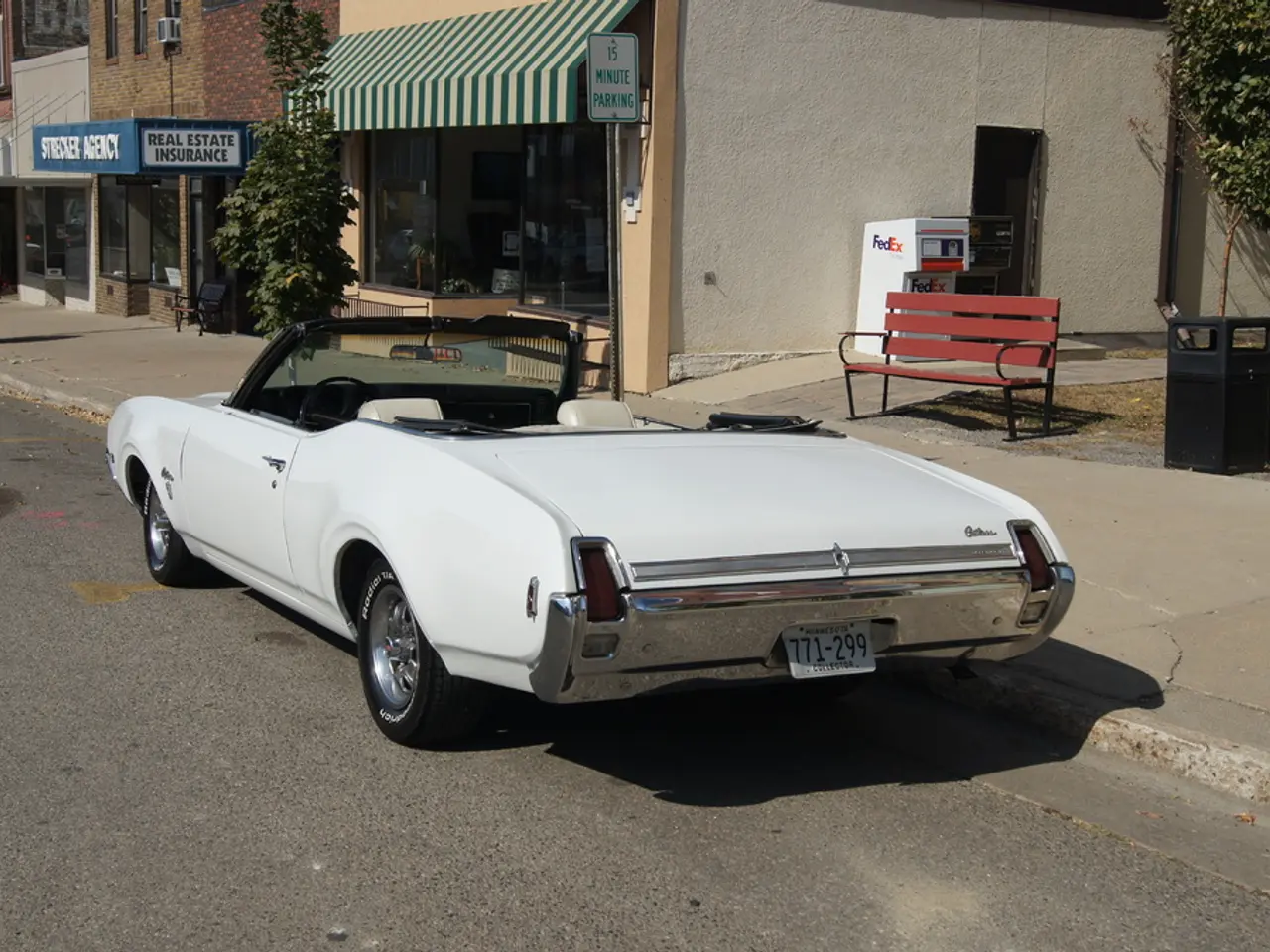Car Rental: Compulsory Insurance Conundrum upon Arrival at Vacation Spot
In a recent advisory, the German consumer center has emphasized the importance of customers being vigilant when it comes to additional insurance offers at car rental counters. Here's what you need to know to protect yourself from unexpected charges:
1. **Check Existing Insurance Coverage**: Before renting, contact your credit card company or insurance provider to confirm what collision or rental car insurance coverage you already have abroad. Many credit cards include collision damage waiver (CDW) or loss damage waiver (LDW) that can cover rental cars, potentially eliminating the need to buy extra coverage at the counter.
2. **Be Firm and Clear at the Counter**: If offered extra insurance or additional services (like GPS or upgrades), explicitly refuse if you do not want them. Insist on seeing the full rental contract before signing and carefully review it for any unexpected charges. Do not sign anything on a screen or digitally without a chance to review the terms, and request a printed or emailed copy of the contract immediately.
3. **Inspect the Car Carefully**: Before driving away, thoroughly inspect the car for any scratches, dents, or damage and take photos with your phone. This helps protect against false damage claims later.
4. **Understand Fees Upfront**: Be aware that Germany applies a 16% VAT plus registration and possible airport fees, which may increase the rental cost by up to 25%. Also, be cautious of expensive one-way or drop-off fees, which in Germany can be around €200-300.
If you have already been charged an extra €300 for additional security or insurance you did not request or understand, take these steps:
1. **Do Not Ignore the Charge**: Ask for a detailed invoice or receipt explaining the extra charge.
2. **Contact the Rental Company’s Customer Service Promptly**: Challenge the charge, explaining you did not authorize or request it. Keep any email or phone correspondence as documentation.
3. **If Rented Through a Third Party or Travel Agency, Contact Them for Assistance**: Sometimes agencies have leverage to resolve disputes with rental companies.
4. **Dispute the Charge with Your Credit Card Company**: If the rental company and agency are unhelpful, filing a dispute can prevent you from paying unjustified fees and may trigger an investigation on your behalf.
5. **Keep All Related Documents and Evidence**: Rental contract, photos of the car, emails, and receipts will support your case.
The consumer center advises against concluding additional insurance contracts at the car rental counter. Instead, customers should rely on their statutory liability insurance, which covers damages up to 7.5 million euros. In case of a claim, customers should contact their own insurance company immediately. Paying the other party could lead to a loss of rights, according to the consumer center.
By being proactive and informed, customers can avoid surprise charges at rental counters and challenge any wrongful fees after the fact.
In light of the consumer center's advice, it would be prudent for travelers to examine their own insurance coverages, especially those related to cars, before embarking on their journey. This could potentially prevent them from incurring unnecessary costs for additional insurance offers at car rental counters. Additionally, one might consider incorporating lifestyle choices that prioritize other means of transportation, such as public transport or bicycles, during their travel, potentially helping them save money on car rental costs and associated extra charges.




